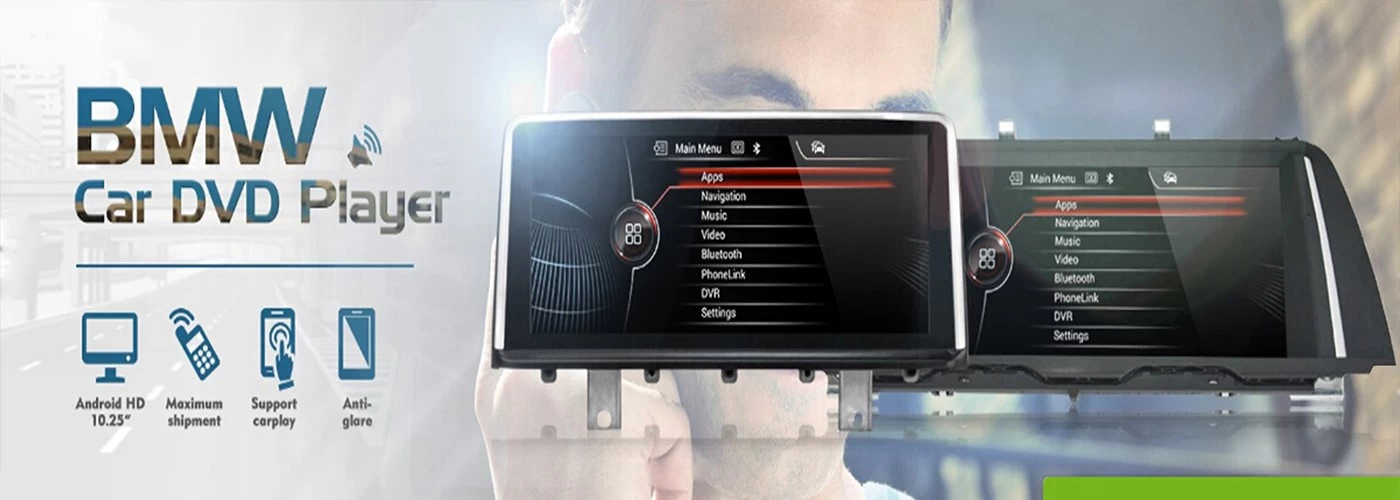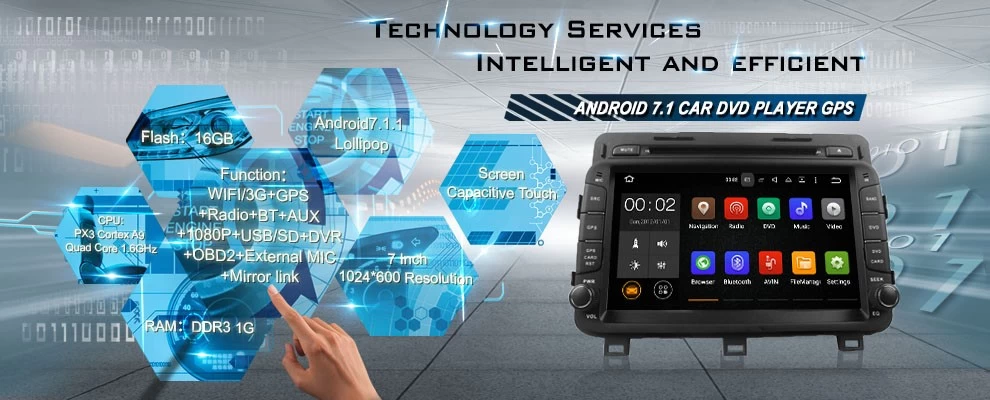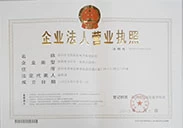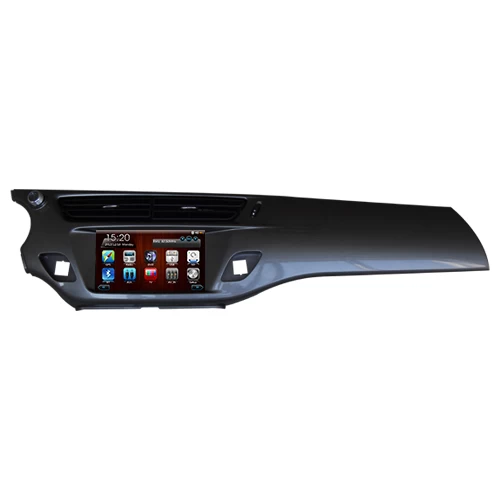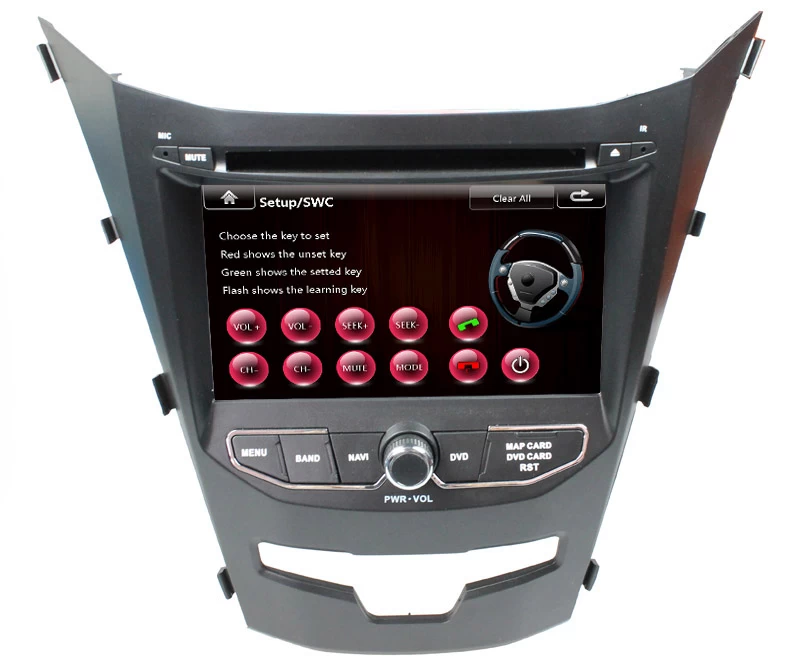Smart car, strong market interest
2018-06-21 10:03:04
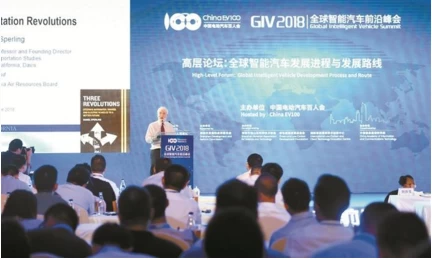 The automotive industry has undergone disruptive changes in recent years: the rapid development of the electric vehicle industry, the sudden emergence of new car manufacturing forces, the rising temperature of intelligent network technology, the sharing economy has subverted the traditional mode of travel, cross-industry, cross-domain integration, is leading the traffic travel Sina tide. What is the current status of the development of smart cars at home and abroad? What are the trends of smart car technology in the future? At the "2018GIV Global Intelligent Vehicles Frontier Summit" held yesterday, a number of experts and scholars jointly offered suggestions for the development of smart cars in China.
The automotive industry has undergone disruptive changes in recent years: the rapid development of the electric vehicle industry, the sudden emergence of new car manufacturing forces, the rising temperature of intelligent network technology, the sharing economy has subverted the traditional mode of travel, cross-industry, cross-domain integration, is leading the traffic travel Sina tide. What is the current status of the development of smart cars at home and abroad? What are the trends of smart car technology in the future? At the "2018GIV Global Intelligent Vehicles Frontier Summit" held yesterday, a number of experts and scholars jointly offered suggestions for the development of smart cars in China.The potential of smart cars in China is huge
What is a smart car? Xu Changming, deputy director of the State Information Center, said that the smart car = automatic driving + human-computer interaction, automatic driving from L0-L5, level by layer. According to the forecast of PricewaterhouseCoopers, from the year 2028 on, L4/5 automatic driving will begin to be applied, and the L4/5 vehicle fleet in China, Europe, and the United States will reach 7.3 million; and by 2030, The number of L4/5 vehicles in China can reach 33.1 million.
"Whether or not this data can be achieved in the future, the potential for the development of smart cars in China will be enormous," said Xu Changming.
Driven by the Chinese market, global electric vehicles have entered a stage of rapid development. Last year, the total number of electric vehicles in the world reached 1.29 million (pure-electric, plug-in hybrid). There are 786,000 electric vehicles in China, accounting for 60% of the world's electric vehicles; large multinational companies such as Volkswagen, Toyota, and BMW have already launched The L4/5 automatic driving vehicle schedule, the follow-up of technologies such as sensory systems, medium/long-range radars, ultrasonic systems, stereo, and surround cameras, and many top global parts suppliers such as Bosch and China have done a lot of work.
From the demand level, Xu Changming believes that China has its inherent advantages. First, there is a large amount of cars, and it is expected that the peak value of car ownership in China will reach 600 million units; followed by a high population density, the study found that urban dense areas are more suitable for unmanned large vehicle teams. In addition, the use of cars is even younger, of which auto-pilots are interested in 44% of the post-90s, while those interested in smart cars account for 65%. The last is the policy advantage, which is inseparable from the management's strong support.
Integrated intelligent networking system is the key
Although factors such as policies and demands make China more conducive to the development of smart cars, the frequent accidents caused by mixed traffic and a series of technical bottlenecks have always been challenges. In this regard, Yu Zhuoping, Dean of the School of Automotive Engineering at Tongji University, pointed out that smart bicycles are far from enough, and the intelligent system of group cars is the key point of intelligent network vehicles. In the future, if smart cars are to be truly developed, they must have a car-road-cloud integrated intelligent network-linked transportation system.
Yu Zhuoping pointed out that the structure of the integrated intelligent network-linked transportation system is: a car, a road, and a cloud. Not only is the car smart, but the roads are also smart. After the road facilities have been digitized, they can provide a lot of help for the smart car in driving and sensing. That is to say, it must be integrated to study the future intelligent network-linked transport system. While investigating autopilot, it is necessary to rely on road facilities to make amends and corrections.
Yu Zhuoping took a very vivid example: After the establishment of the car-road-cloud integrated intelligent networking system, it will be able to realize the solution of the green light passing by the car all the way, the road is no longer congested, the car does not have to be at every intersection, etc. achieve.
Xiong Wei, president of Huawei's LTE product line, also believes that in the future, vehicles, roads, people, clouds, and networks must all work together to build a smart transportation network system.
"Bicycle intelligence can not solve the entire complex road conditions, complex hybrid vehicles and extreme weather, extreme distance and a series of scene problems." Xiong Wei said. "Currently, bicycle smart can only recognize about 60% of traffic accidents, and about 36% is very difficult to solve, or if it needs to be solved, it requires very high costs. If it is through the technology of bicycle intelligence and roadway coordination, it will exceed 96. %% of traffic accidents can be avoided and resolved. By complementing the relevant technologies of car networking and autonomous driving, traffic safety can be greatly improved in the near future."
Standards and regulations are one of the core
In fact, how to guide the rapid breakthrough of smart cars, in addition to technology, more importantly, standards and regulations.
“When the electrification started, the standardization issue was not resolved well, resulting in the current charging is not uniform, communication is not uniform.” Zhang Yongwei, secretary general and chief expert of the China Electric Vehicle 100, said that in the era of intelligence, electric motors should not be repeated For the standardization of standards, whoever first establishes the standards will be able to gather resources; let more cars go on the road and raise the established norms to the application level. This kind of regulatory precedent and standards-first environment is often more technological than technological breakthrough. It will work even more for the development of smart cars.
“In this regard, China has advantages.” Zhang Yongwei believes that there are many demonstration areas in China, and it is good to form a demonstration model, standards and regulations. There is a city-level model first. China's institutional innovation can also lead the smart car industry to go faster.
Finally, Zhang Yongwei stated that in the intelligent era, in the final analysis, it still depends on technology. It not only has leading infrastructure and leading regulations, but also establishes an ecosystem that supports industrial applications and innovation in the world.



